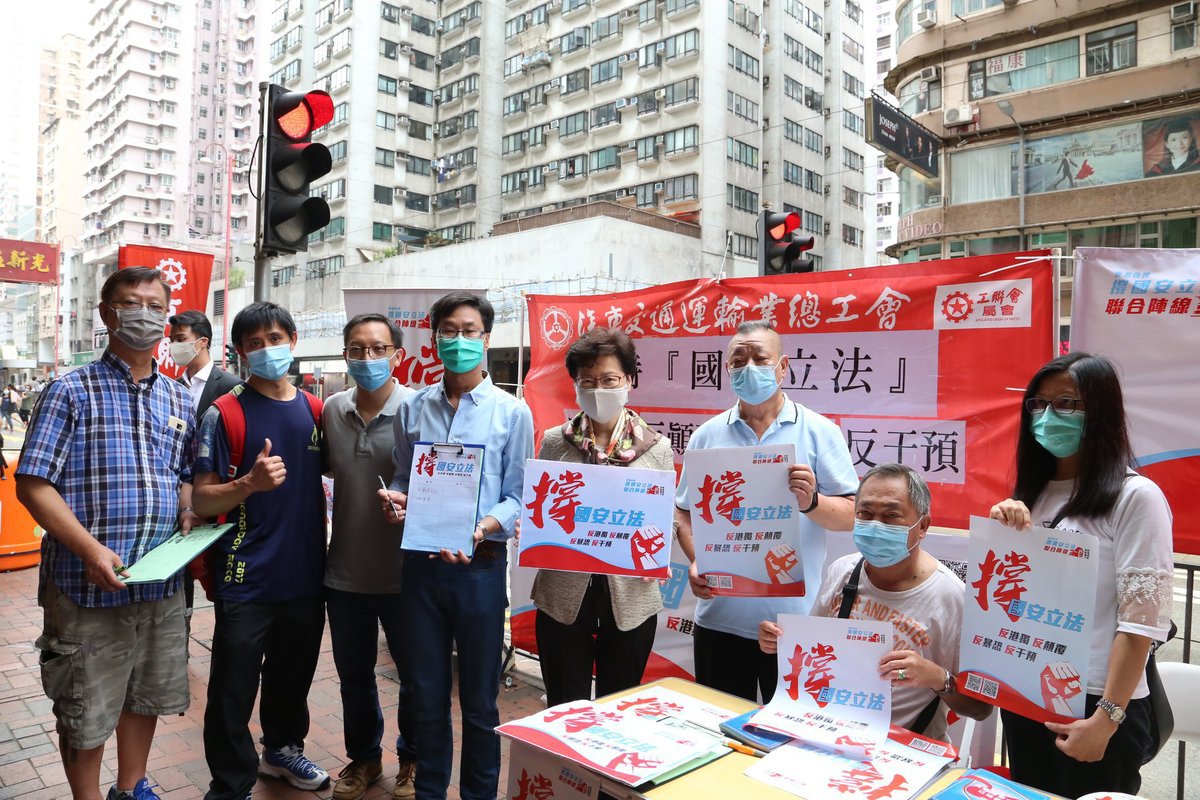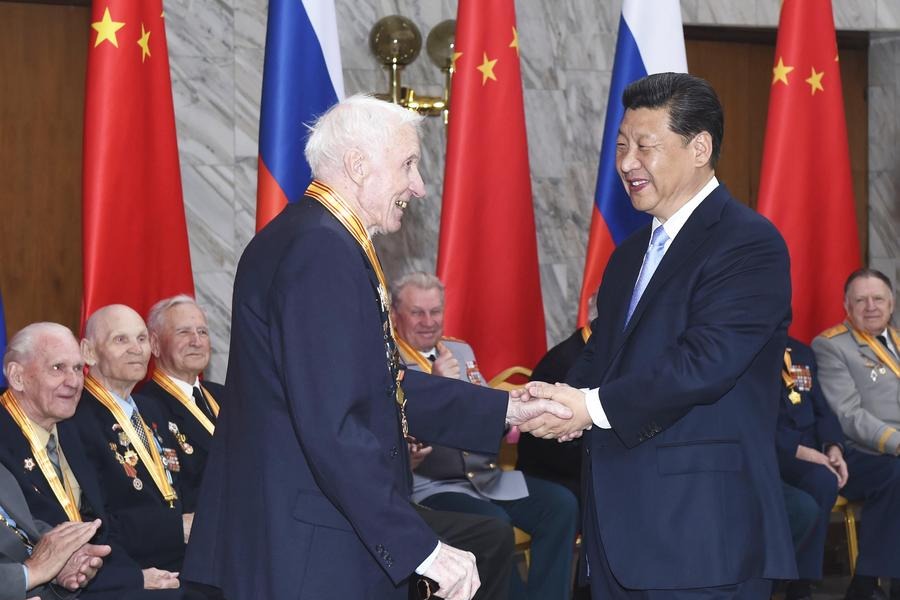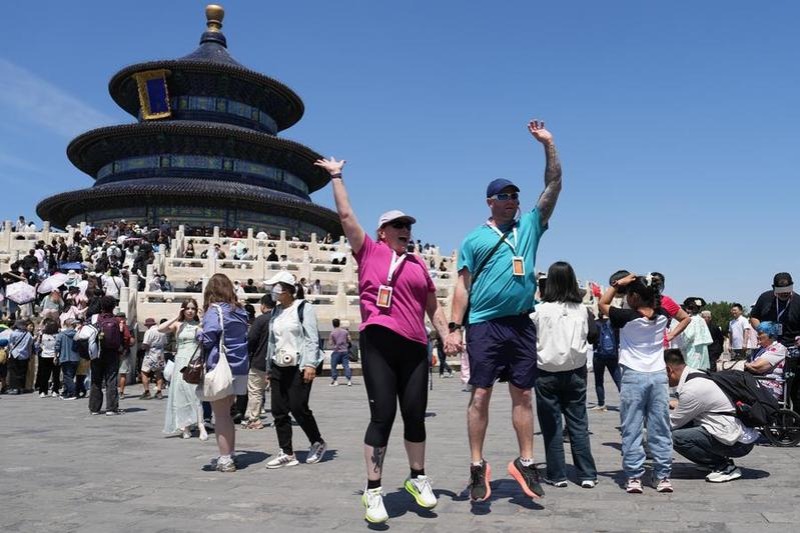Six things you need to know about the national security legislation for Hong Kong SAR


Falsehood #4: The legislation will be a violation of China's international obligations under the Sino-British Joint Declaration.
The truth is: The legal basis for the Chinese government to govern Hong Kong is the Chinese Constitution and the Basic Law of the HKSAR. The Sino-British Joint Declaration is not relevant in this regard.
As China resumed the exercise of sovereignty over Hong Kong in 1997, all provisions concerning the UK under the Joint Declaration had been fulfilled. The basic policies regarding Hong Kong stated by China in the Joint Declaration are not commitments to the UK, but China's declaration of its policies, which have since been fully embodied in the Basic Law enacted by the NPC. These policies have not changed; they will continue to be upheld by China.
◆The Constitution, as the fundamental law of China, has supreme legal status and authority. It forms the legal basis for the establishment of special administrative regions and the formulation of the Basic Law of the HKSAR. It is clearly stipulated in the Preamble of the Basic Law that in accordance with China's Constitution, the NPC enacts Hong Kong's Basic Law, "prescribing the systems to be practiced in the Hong Kong SAR, in order to ensure the implementation of the basic policies of the People's Republic of China regarding Hong Kong".
◆The Sino-British Joint Declaration is an important document concerning China's recovery of Hong Kong and relevant arrangements during the transitional period. It consists of eight paragraphs and three annexes. Paragraph 1 is about China resuming the exercise of sovereignty over Hong Kong. Paragraph 2 is about the UK restoring Hong Kong to China. Both paragraphs were fulfilled with Hong Kong's return. Paragraph 3 and Annex I are declaration and elaboration of China's basic policies regarding Hong Kong. Paragraphs 4 to 6 and Annex II and III stipulate arrangements during the transitional period. Paragraphs 7 and 8 are about the Joint Declaration's implementation and entry into force. With the return of Hong Kong and the completion of follow-up matters, all UK-related provisions have been fulfilled.
◆The Joint Declaration does not assign the UK any responsibility over Hong Kong nor give it any right to intervene in Hong Kong affairs after the handover. The UK has no sovereignty, jurisdiction or "right of supervision" over Hong Kong after its return. The Joint Declaration is a bilateral instrument between China and the UK; it does not involve any other country or has anything to do with a third country. Sovereign equality and non-interference are enshrined in international law and are basic norms of international relations. Other countries and organizations have no right to meddle in Hong Kong affairs on the grounds of the Joint Declaration.

Falsehood #5: The legislation will affect the rights and freedoms of Hong Kong residents.
The truth is: The legislation will not affect the rights and freedoms Hong Kong residents enjoy under the law; it will enable them to enjoy their lawful rights and freedoms in a safe environment.
◆Fundamentally speaking, safeguarding national security and protecting human rights do not conflict with each other. The NPC's decision targets only acts of secession, subverting state power and organizing and carrying out terrorist activities that seriously jeopardize national security as well as interference in the HKSAR affairs by external forces. For the majority of law-abiding residents and foreigners in Hong Kong who love the city, there is no need to worry that they might be unfavorably impacted.
◆All work and law enforcement efforts to safeguard national security will be conducted strictly in accordance with legal provisions, mandates and procedures, without prejudice to the lawful rights and interests of Hong Kong residents, legal persons and other organizations.























